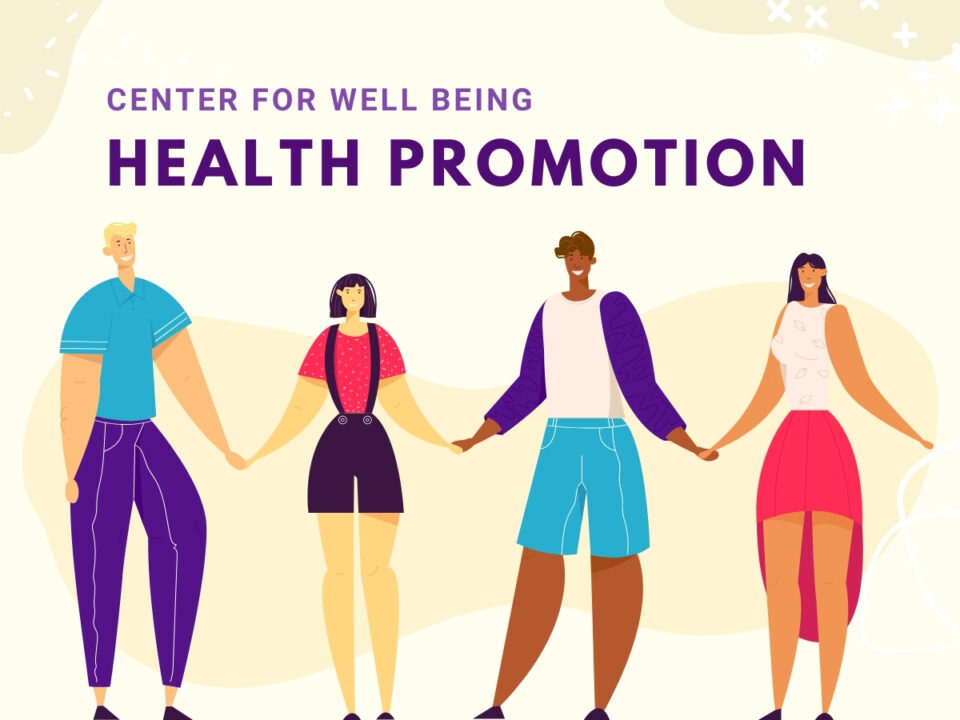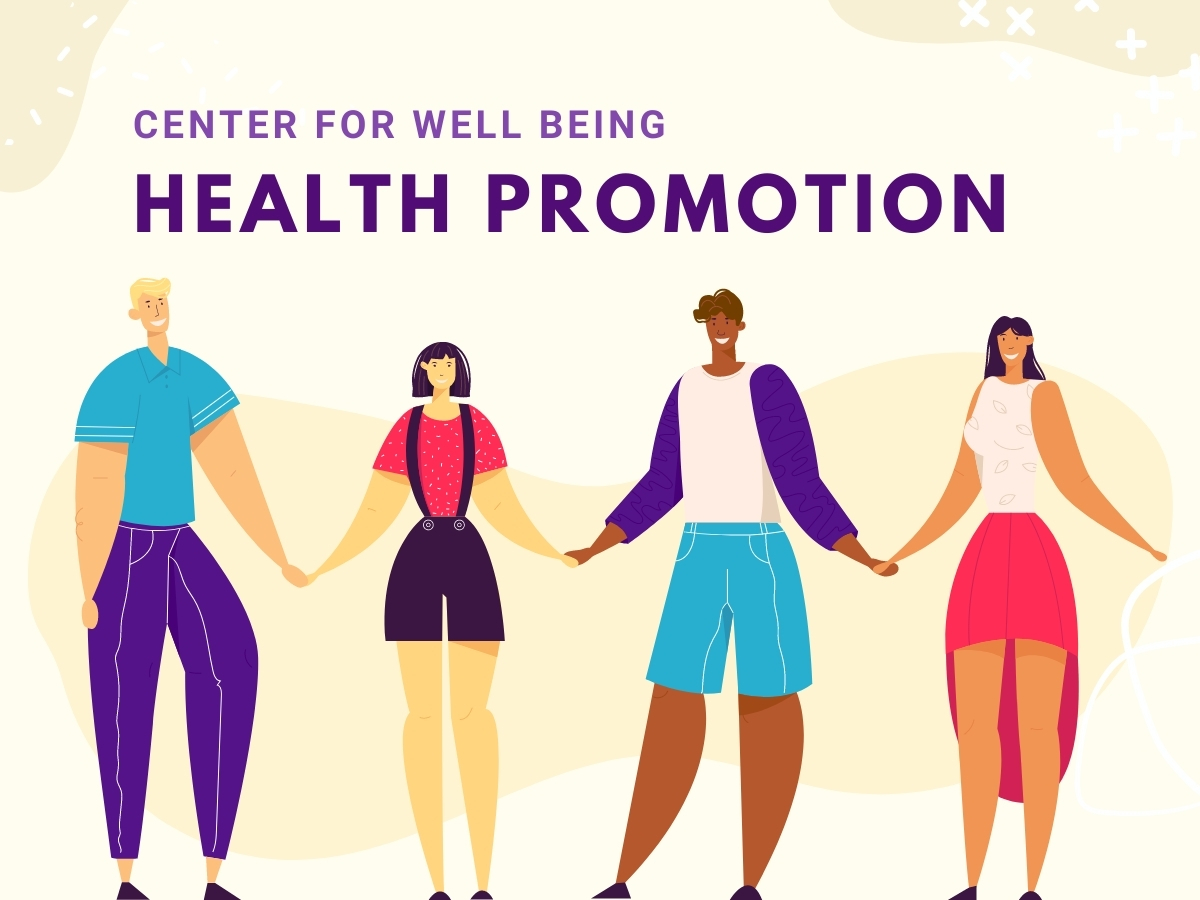
When Tarana Burke, founder of the Me Too Movement, visited St. Thomas to speak last year, she said that one sexual violence prevention coordinator isn’t enough for 6,000 undergraduate students. Now, that position has additional responsibilities.
The Center for Well-Being restructured positions to add the responsibility of peer education and health promotion to the pre-existing violence prevention program manager role. This position also has an explicit focus on LGBTQ+ health, making it the first position with a focus on the LGBTQ+ community in the Center for Well-Being.
“The position hasn’t gone away,” said Melanie Tucker, director of health promotion, resilience and violence prevention. “We’re still providing the same information, the same education, it’s just in a different way.”
This new role was filled by Bilqis Amatus-Salaam after Emily Erickson, the previous sexual misconduct prevention program director, left the university in the summer of 2021.
According to Amatus-Salaam, her new role involves using St. Thomas students as peer health educators to help develop outreach activities on campus and promote resources that are available at the Center for Well-Being.
“In my experience what can get left out of a conversation when we’re talking about violence prevention is the environmental level of work that has to happen to accompany it and to support,” Amatus-Salaam said.
Andy Scott, co-chair of the St. Thomas LGBTQIA+ faculty, staff, and employee resource group, said that adding an LGBTQ+ lens to this role may not provide enough focus to a large field of care.
“LGBT health has a lot of nuance and a lot of hidden doorways that need to be kind of spotlit,” Scott said, “So I think it might be adding too much to one plate.”
Scott also said it’s “really important” to have someone with a focus on LGBTQ+ health working in the Center for Well-Being.
“Very specifically naming something as an intended care here, regardless of what that care looks like and what the results might be for each individual person; it shows a dedicated effort that the school is trying to put forward to recognize their community members who fall into this category,” Scott said.
Tucker said that despite the restructure, the Center for Well-Being is not going to be spending less time on violence prevention work.
“It’s still top of our list,” Tucker said. “It is so important. It’s vital, we have to have it.”
Angeline Terry can be reached at Terr2351@stthomas.edu.



